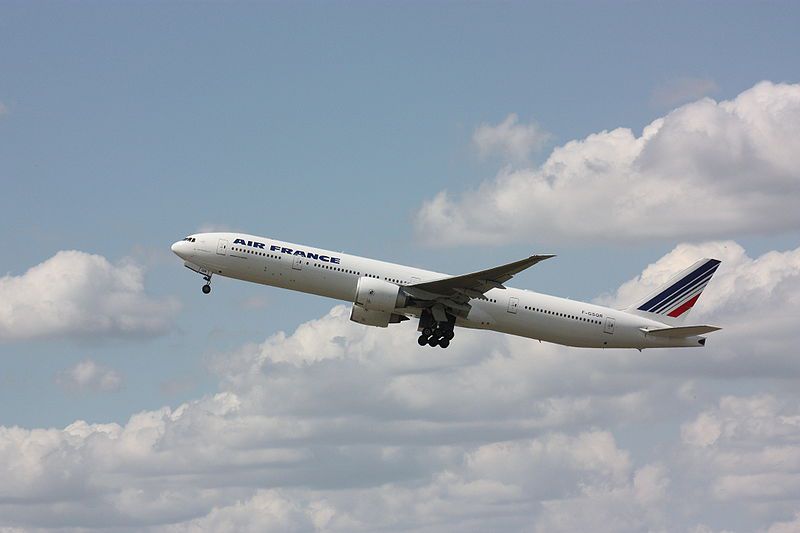-
 Hydroponics
Hydroponics
-
 Condyloma
Condyloma
-
 Pressure ulcer
Pressure ulcer
-
 Bacterium
Bacterium
-
 Coprolalia
Coprolalia
-
 Chandrasekhar limit
Chandrasekhar limit
-
 Transmutation
Transmutation
-
 Character
Character
-
 Mutant
Mutant
-
 Spore formation
Spore formation
-
 Ketose
Ketose
-
 Endotoxin
Endotoxin
-
 Mucosa
Mucosa
-
 Snuppy
Snuppy
-
 Life expectancy
Life expectancy
-
 Implant
Implant
-
 FPGA
FPGA
-
 Spinach
Spinach
-
 Procellariiformes
Procellariiformes
-
 Mesosphere
Mesosphere
-
 Viscosity
Viscosity
-
 Stromatolite
Stromatolite
-
 Mars
Mars
-
 Encryption
Encryption
-
 Acetyl-CoA
Acetyl-CoA
-
 Caenorhabditis elegans
Caenorhabditis elegans
-
 Transcription
Transcription
-
 Wolframite
Wolframite
-
 Deciduous
Deciduous
-
 VLAN
VLAN
Noise pollution
When noise pollution caused by human activities (construction work, transport, etc.) exceeds the safety thresholds for hearing, health and ecosystems, the term 'noise pollution' is used.
Consequences of noise pollution
In fact, noise causes discomfort and stress that disrupts human or animal organisms. In Man this can cause problems of irritability, insomnia and depression. Animals tend to escape, whenever possible, from areas that are too noisy.
Species that use sound to orient themselves, move and communicate, such as cetaceans or bats, are particularly vulnerable to this type of pollution.
When sound levels are too high, the noise can cause physiological damage with a temporary or even permanent loss of hearing.
What does the law say?
In light of these effects, national laws tend to impose noise exposure threshold limits for the population and environment, perform impact studies and implement relief and protection measures (e.g. noise barriers, individual protection).
All the same, this physical type of pollution does not persist in the environment. Once the source of noise is eliminated, there are no new effects.
 The areas around airports are exposed to noise pollution, to the great displeasure of local residents. © Douchet Quentin, Wikimedia CC by-sa 3.0
The areas around airports are exposed to noise pollution, to the great displeasure of local residents. © Douchet Quentin, Wikimedia CC by-sa 3.0
Latest
Fill out my online form.



